CATALYST
DENVER MUSEUM OF NATURE & SCIENCE ONLINE MAGAZINE
Connecting Scientists to the Colorado State Legislature
Premiering the Colorado Science & Technology Policy Program & Fellows

Starting this Fall, the Colorado Science & Technology Policy Program (STPP) will host four Fellows who will spend a year working with the Colorado General Assembly. (Photo courtesy of ISP)
The Institute for Science & Policy is pioneering a new, nonpartisan program that connects scientists and technical experts to support the Colorado State Legislature. Starting this Fall, the Colorado Science & Technology Policy Program (STPP) will host four Fellows who will spend a year working with the Colorado General Assembly. The Fellows will directly serve decision makers and gain first-hand experience in state policymaking while providing direct access to nonpartisan, independent and objective research and analysis to support evidence-based policy development.
A History of Science & Technology Policy Fellowships
For over 50 years, the American Association for the Advancement of Science (AAAS), along with support from other scientific societies, has provided opportunities for scientists to contribute their skills and learn first-hand about federal policymaking through science and technology policy fellowships in all branches of the federal government. These fellowships have strengthened the role of science in public policy and shaped the careers of hundreds of scientists, inspiring a growing wave of state-level programs.
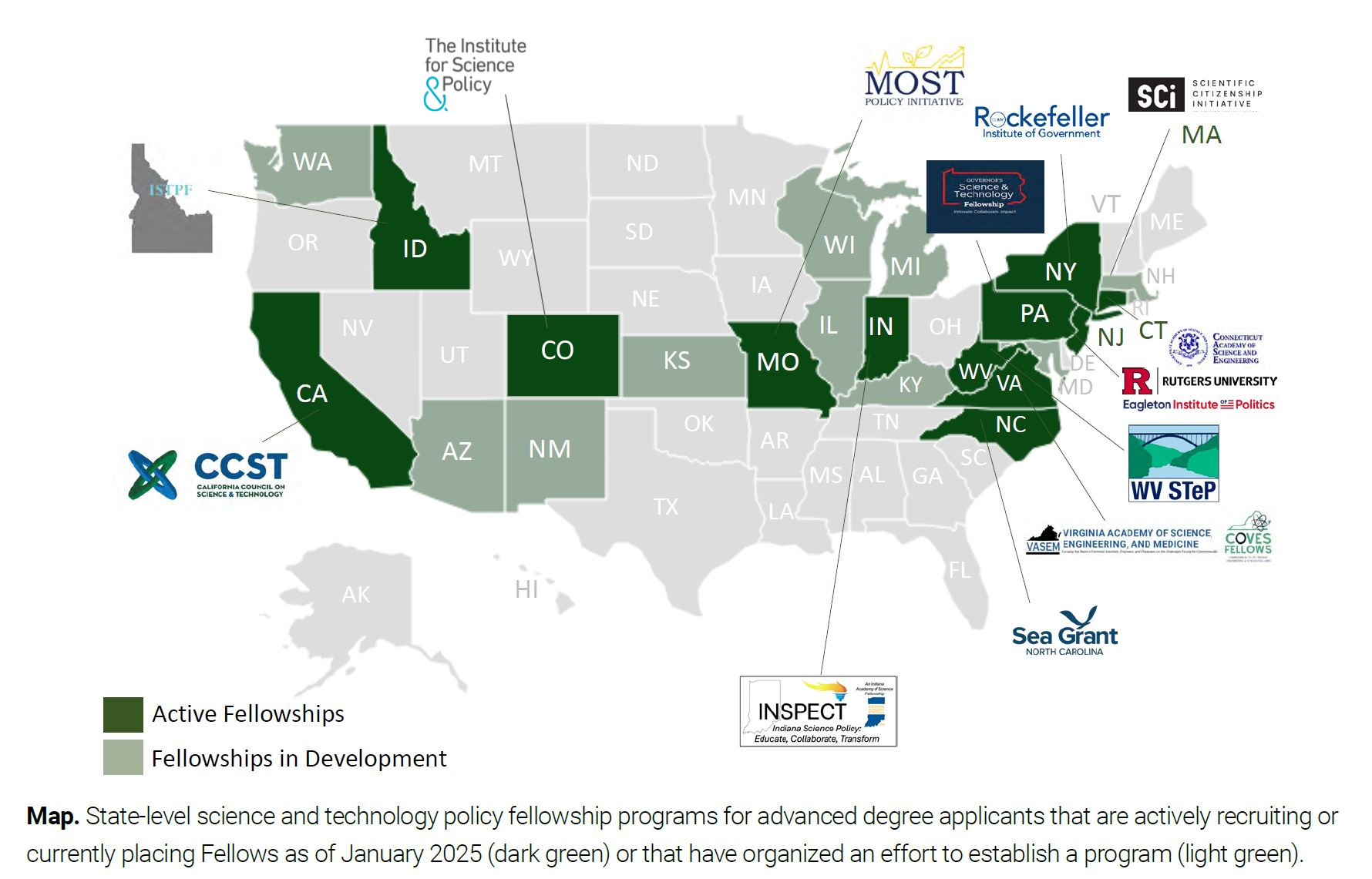
This map shows the states that currently have a science policy fellowship program (dark green) and those who are actively working to develop one (light green). (Photo/ California Council on Science & Technology)
Starting in 2008 with California, states began to build their own versions of science and technology policy fellowships within the executive and legislative branches, such as in Idaho, New Jersey, Missouri, New York, West Virginia, Indiana and Connecticut. In recent years, the National Conference of State Legislatures (NCSL) began coordinating a peer-learning network across current and developing fellowship programs to share best practices, tools, and strategies.
Institute Executive Director Kristan Uhlenbrock has been part of this network since the early years of the Institute. Having previously worked with placing Congressional Science and Technology Policy Fellows at the American Geophysical Union (AGU), she was especially interested in bringing a similar program to Colorado.
“When I was at AGU, I saw firsthand the impact these fellows made in the halls of Congress. From working on committees to individual members’ offices, scientists were bringing their technical backgrounds to help inform critical legislative decisions. And why should we not have that for the state of Colorado?” asked Uhlenbrock.
“What’s also been rewarding is seeing these scientists go on to have successful careers – whether that has been staying in government or working in academia, nonprofit, or business sectors. There is also no better way to learn how policy gets made than to be embedded in the day-to-day work.”
Developing the Colorado Science & Technology Policy Program
With support from a planning grant from NCSL and the Gordon and Betty Moore Foundation in 2023, the Institute began working in earnest to identify a model for a Colorado state-level fellowship.
As part of that planning process, the Institute conducted bipartisan outreach and interviews with members of the state legislature and their staff. The goal was to better understand how they access and use scientific information throughout the policy process, identify gaps in subject expertise, and gauge interest for this type of program in Colorado.
Now, beginning in October, the inaugural cohort of Colorado Fellows will launch. Fellows will spend a year working within the office of Legislative Council Staff (LCS) to bolster support of the entire 100-person legislature in a nonpartisan and accessible way. For over 70 years, LCS has served as the nonpartisan research arm of the Colorado General Assembly, providing support to legislative committees, responding to legislative research requests, preparing fiscal analyses of bills and more. By working alongside LCS, the STPP Fellows can bring their technical skills to support legislators with access to timely and relevant research, while learning about Colorado’s legislative process.
Unique to the Colorado STPP, each Fellow will bring subject expertise in specific policy areas identified by legislators as priorities for the state. The 2025-2026 policy areas include:
-
AI & Technology
-
Energy, Climate and Transportation
-
Public Health, Mental Health and Human Services
-
Natural Resources, Water, Agriculture, Wildfire and Economic Development
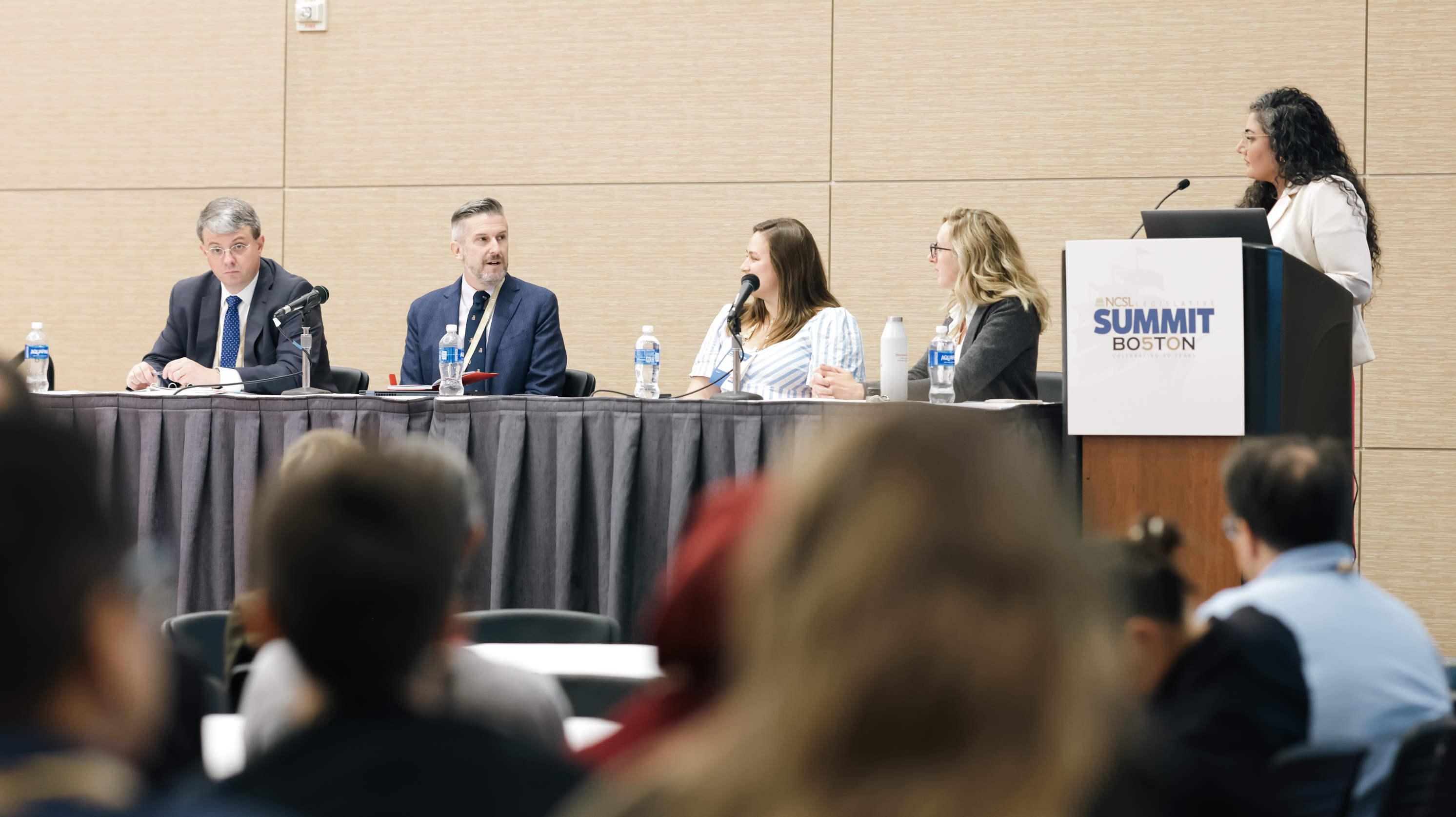
The Institute for Science & Policy Executive Director Kristan Uhlenbrock, on the right, speaks on a panel about science policy fellowship programs and their benefit to state legislatures at the 2025 National Conference of State Legislatures Summit in Boston. Other panelists include, left to right, Rep. Roger Hanshaw, Speaker of the House, West Virginia House of Delegates; Senator James Maroney, Connecticut Senate; Isabel Warner, Fellows Program Manager, MOST Policy Initiative, with moderator Puneet Bhullar, director of policy engagement of California Council on Science & Technology. (Photo/ NCSL)
Meet the Fellows
The Fellows each bring a unique interest in the state-level policy-making process and a connection to the state of Colorado. Read on to learn more about the Fellows and why they’re excited for this opportunity.
Dhivahari Vivek: AI & Technology Fellow
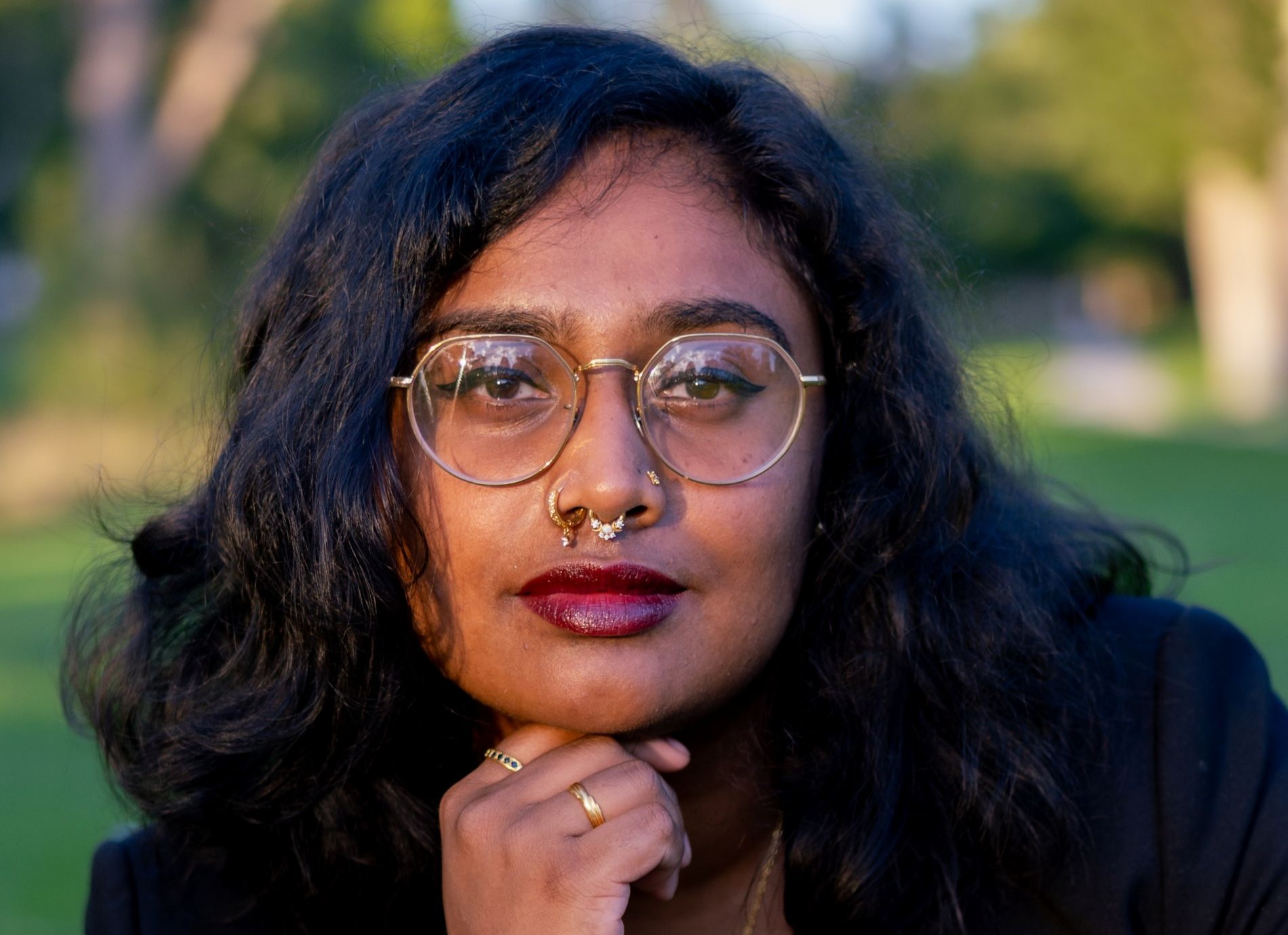
Dhivahari Vivek joins the Fellowship program upon completing her master's in public policy from Duke University with a research focus on healthcare privacy, surveillance and algorithmic accountability. Combining this with her undergraduate degrees in computer science and political science from the University of Colorado, Dhivahari maintains a deep commitment to examining the broader societal impact of technology. Having worked on several state government projects throughout her career, the challenges she encountered building digital infrastructure to store and process large amounts of data sparked an interest in the socially responsible collection and use of data – especially related to artificial intelligence, data privacy and the potential risks for surveillance. She is excited to expand her public policy expertise while supporting the legislature in harnessing the benefits and recognizing the consequences of fast-paced technological innovation.
“In my work in technology and public policy, I have consistently contributed to projects and research at the intersection of tech and some capacity of human well-being. I consider this fellowship to be an extension of that work – and in service to my home state, no less.”
Max O’Connor: Energy, Climate and Transportation Fellow
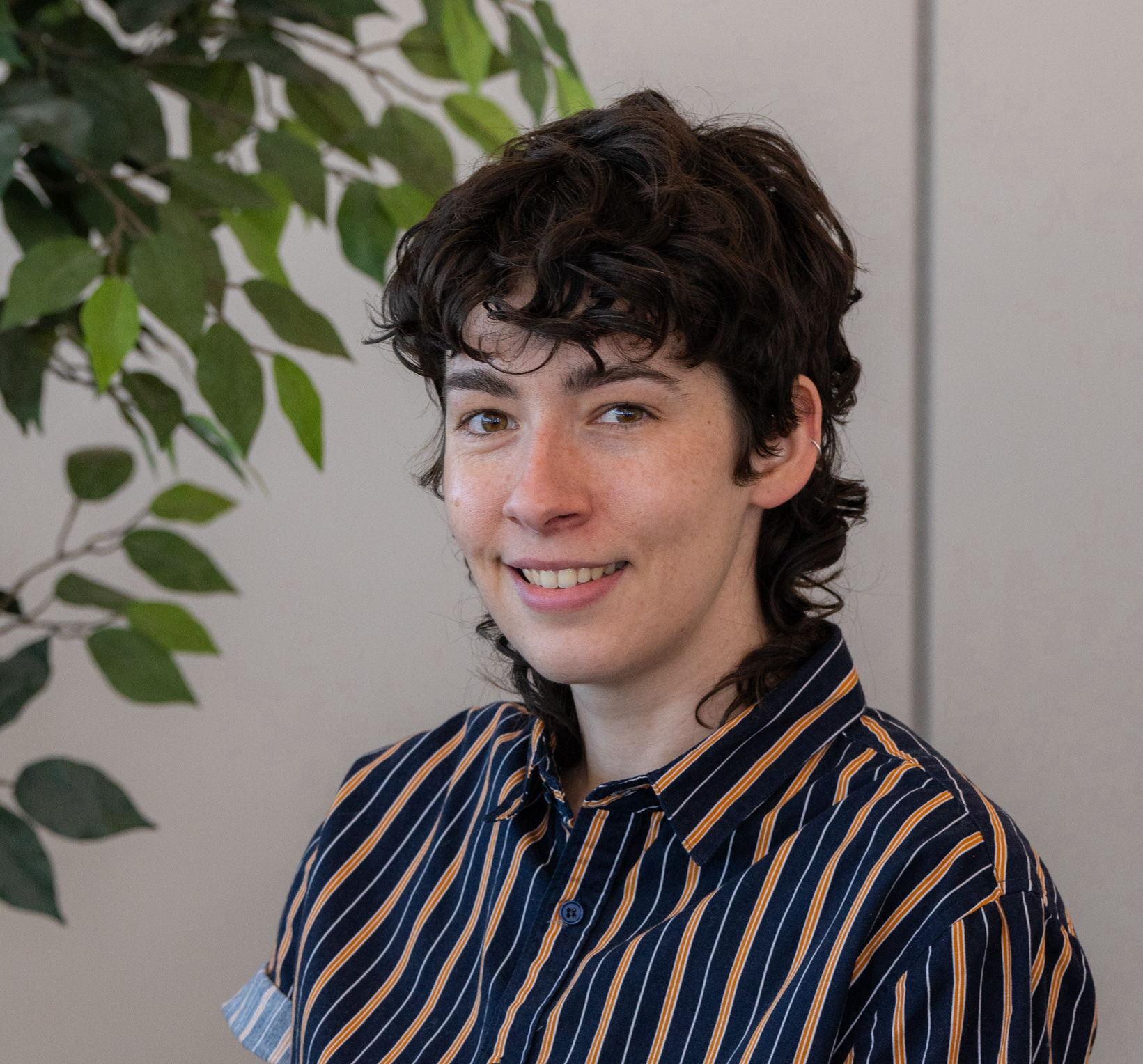
Originally from Florida, Max O’Connor earned her bachelor of science in Chemistry from Brown University. She went on to earn a Ph.D. in Chemistry through a joint program between the University of Colorado Boulder and the National Renewable Energy Laboratory (NREL) where she studied the properties of advanced semiconductor materials. As an advanced energy materials chemist at NREL, Max engaged with a range of different energy technologies and developed a strong interest in connecting research progress to evidence-based impact. As a fellow, Max looks forward to bridging the scientific and policy communities and informing policies that promote environmental and technological progress while driving sustainable economic growth across the state.
“My interest in policy is rooted in the same values that led me to pursue science: curiosity, a commitment to public service, and a drive to address real-world challenges. As a scientist, I believe that research has the greatest impact when it is clearly communicated and thoughtfully integrated into society.”
Samantha Lattof: Public Health, Mental Health and Human Services Fellow
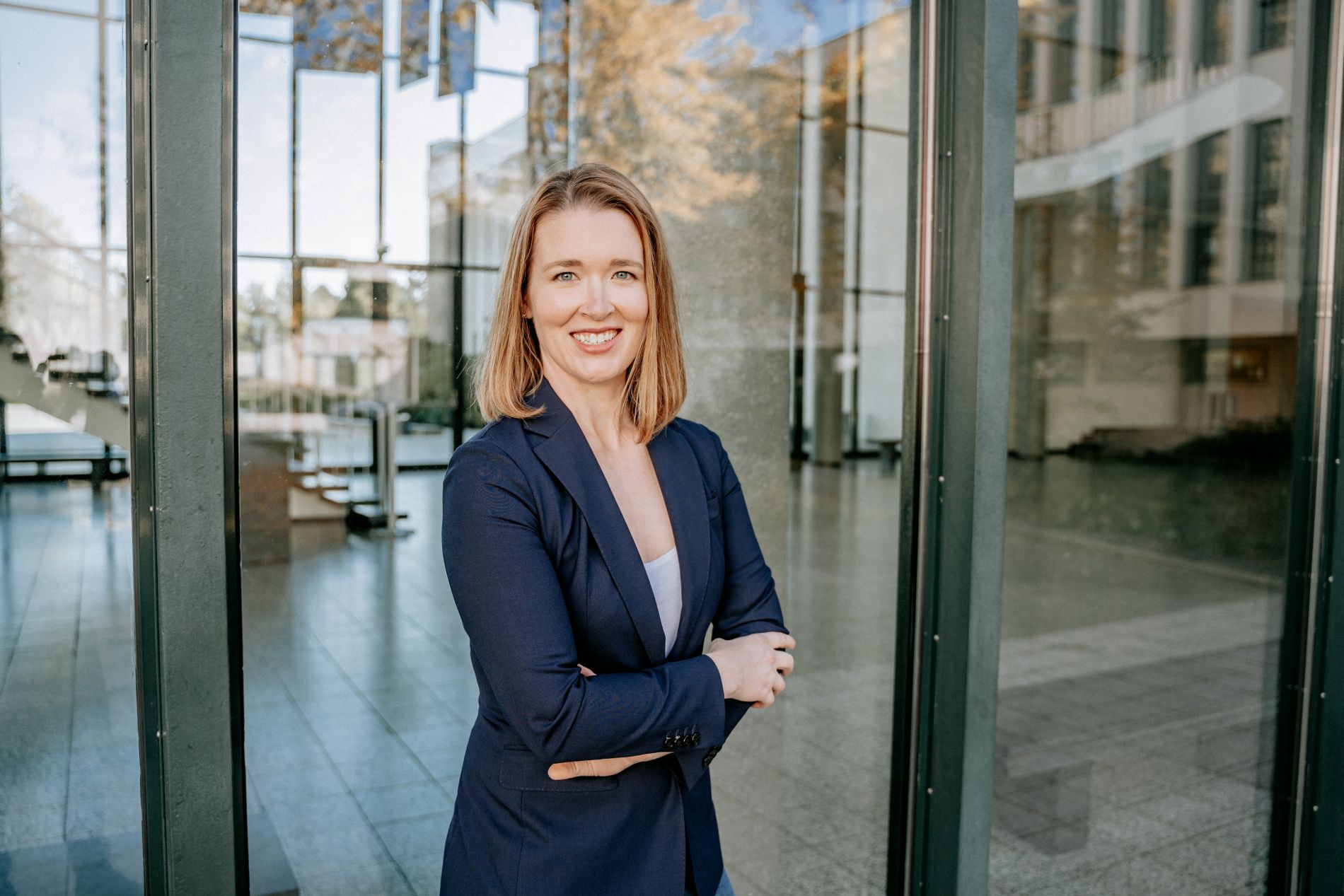
Samantha Lattof holds a master of science in Global Health and Population from the Harvard T.H. Chan School of Public Health and a Ph.D. in Demography from the London School of Economics. For more than a decade, she has led health research and programs across academia, the World Health Organization and the nonprofit and private sectors. Her work centers on strengthening health systems, improving quality of care, advancing maternal and newborn health and addressing inequities in access to care, particularly for migrants and marginalized populations. She has authored over 45 publications, convened and led multi-stakeholder coalitions and provided technical support to health ministries and global partners. With a career spanning the globe, Samantha brings an international perspective and evidence-driven approach to Colorado’s policy landscape.
“I am most looking forward to joining a community that places science, evidence, and collaboration at the center of advancing the public good. This fellowship offers a unique opportunity to immerse myself in the policymaking process and to learn directly from legislators, staff, and community partners about how public health decisions are shaped in Colorado. Most of all, I look forward to bridging the gap between research and policy in ways that create tangible benefits for communities across the state.”
Leena Vilonen: Natural Resources, Agriculture, Wildfire, Water and Economic Development Fellow
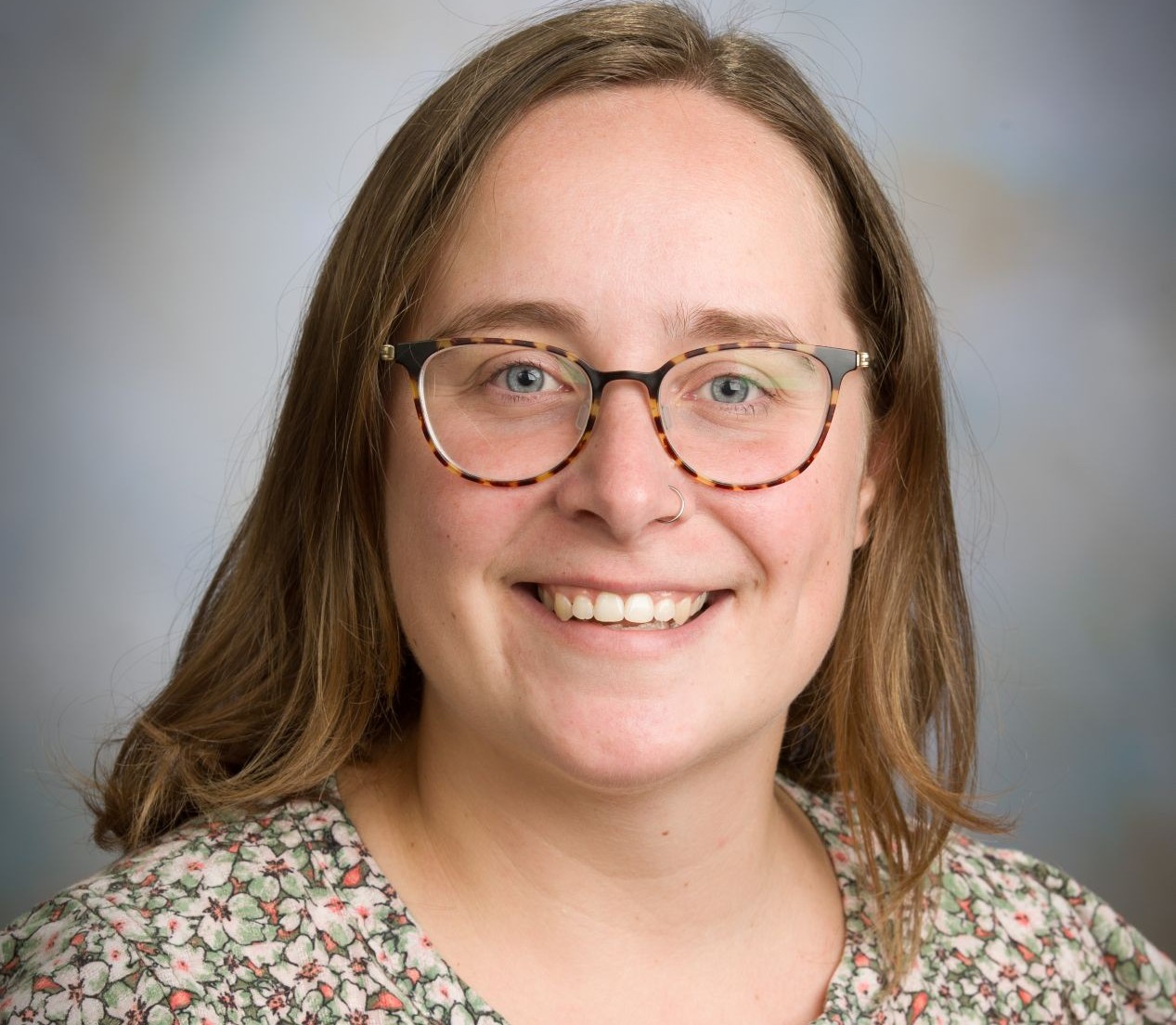
Leena Vilonen earned her bachelor’s degree in Biology and Environmental Science from Northwestern University and her PhD in Ecology from Colorado State University (CSU). A microbial ecologist by training, her research examines how drought impacts soil microbial communities — bacteria and fungi — in grasslands. Recently, she has also become an experienced science communicator through her role as the executive director of the Global Soil Biodiversity Initiative at CSU. In this role, she educates scientists, policymakers, educators and the public about the mysterious yet highly diverse and abundant life below our feet. Leena is looking forward to seeing policy in action and using her scientific background and communication skills to inform its development.
“I’ve always really enjoyed science and conducting meaningful research, but throughout my PhD and post-docs, I found that I felt more passionate about sharing other people’s research. Often scientific research gets published, cited within academic circles, but never makes it outside of the niche research area. Elevating existing research to the eyes of policy makers will make stronger, scientifically backed policy. I hope my fellow scientists keep publishing amazing research and I get to share it with the people who need to see it most.” said Dr. Vilonen.
The Colorado STPP Fellowship is a three-year pilot program made possible with support from the Gordon and Betty Moore Foundation, the Boettcher Foundation, the Gates Family Foundation and the Knight Foundation. To learn more about the Colorado Science & Technology Policy Program, visit our website.
Fall 2025
In This Edition
-
The Mystery of the Missing Bison — Solved After 50 Years
This 650-Pound Museum Bison Vanished. Here’s How We Got It Back.
-
A Refresh for Insects and Butterflies
Our Iconic, Toddler-Fan-Favorite Lady Bug on the First Floor has Gotten a ‘Facelift’
-
Understanding Nature’s Most Loveable Giants
The Museum Team is Excited to Host ‘The Secret World of Elephants’
-
6 Marvelous Moths from the Museum’s Entomology Collection
Stunning Moths You Never Knew You Needed to See
-
Connecting Scientists to the Colorado State Legislature
Premiering the Colorado Science & Technology Policy Program & Fellows
Share this:
